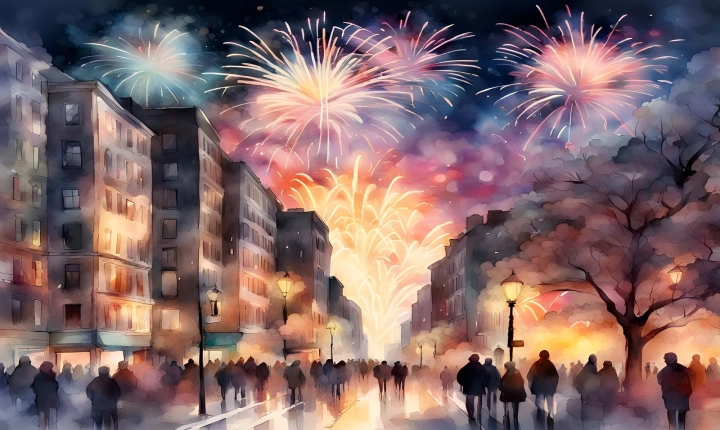Title: Understanding the Power of AI-Generated Music
In a world where technology and creativity converge, the emergence of AI-generated music is one of the most fascinating developments. AI song, a musical composition created with the assistance of artificial intelligence, has sparked both curiosity and debate within the music industry and beyond. As AI continues to transform various aspects of our lives, it is essential to understand the potential impact and implications of AI-generated music.
AI-generated music is the result of complex algorithms and machine learning techniques that analyze vast amounts of musical data to create original compositions. This process involves training AI models on extensive collections of musical compositions, enabling the algorithms to understand patterns, styles, and structures that can be used to generate new music. These algorithms can be programmed to produce various genres of music, from classical to jazz, pop, or electronic, demonstrating the versatility and potential of AI in music creation.
One of the most compelling aspects of AI-generated music is its ability to push the boundaries of creativity and introduce new, unique sounds that may not have been conceived by human composers. By leveraging AI, artists and musicians can explore unconventional melodies, harmonies, and rhythms, leading to the creation of music that challenges traditional norms and conventions. AI-generated music also has the potential to inspire human composers by offering fresh perspectives and innovative approaches to composition.
However, the rise of AI-generated music has also raised ethical and philosophical questions within the music community. Critics argue that AI-generated music lacks the emotional depth and authentic expression that human composers bring to their compositions. There is concern that the proliferation of AI-generated music may devalue the creative efforts of musicians and diminish the authenticity of the music industry. Additionally, there are fears that AI-generated music could potentially replace human composers and artists, leading to a mechanization of the creative process.
Despite these concerns, proponents of AI-generated music emphasize its potential to democratize music creation and expand opportunities for aspiring musicians. AI technology has the capability to support and augment the creative endeavors of human composers, offering valuable tools for experimentation and inspiration. Furthermore, the accessibility of AI-generated music platforms can enable a broader range of individuals to participate in musical composition, fueling creativity and innovation within the industry.
As AI-generated music continues to evolve, it is crucial for the music community to engage in ongoing discussions about the role of AI in music creation and its impact on the artistic landscape. By embracing AI technology as a complement to human creativity rather than a replacement, the potential for collaborative and boundary-pushing musical expressions can be realized.
In conclusion, AI-generated music represents a significant advancement in the intersection of technology and creativity. It possesses the potential to redefine the boundaries of musical innovation while raising important questions about authenticity, creativity, and the future of music composition. As we navigate this evolving landscape, embracing a balanced approach that respects both the capabilities of AI and the humanity of musical expression will be essential in shaping the future of music.
